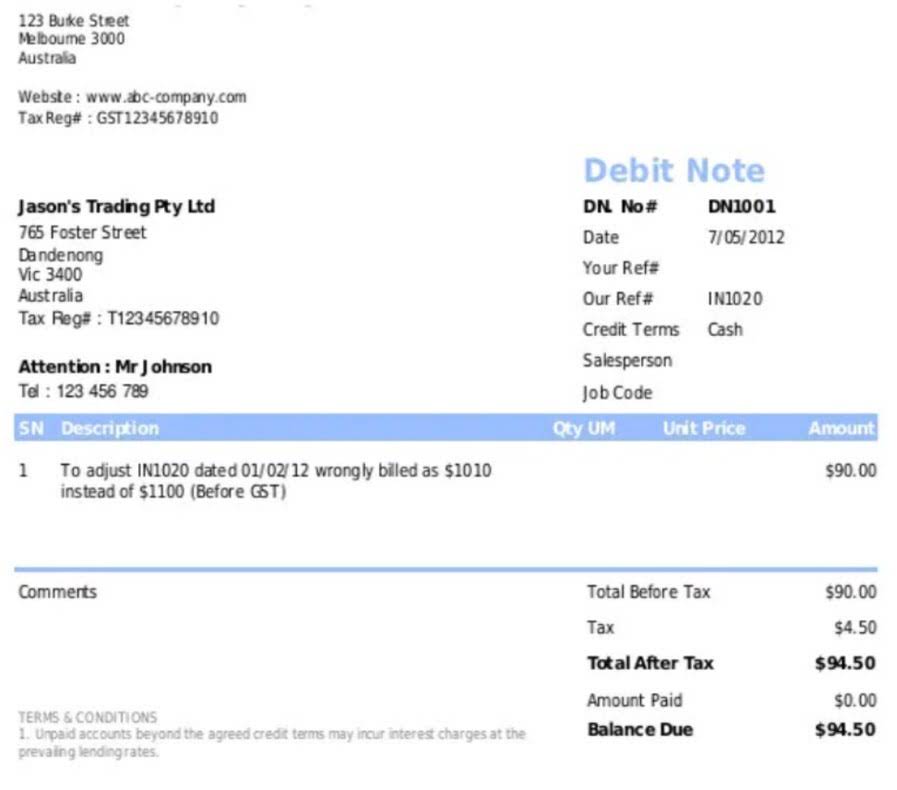The Hargreaves Lansdown provides access to a range of investment products and services for UK investors. Reduce manual work, get paid faster, and deliver Debt to Asset Ratio superior customer experiences with Billtrust’s unified AR platform. Discover the next generation of strategies and solutions to streamline, simplify, and transform finance operations. Organizations account for future expenditures by enforcing budgetary controls and monitoring spending.
BJ’s Business Credit Card: Is It Right for Your Small Business?
- CONT (Continuing operations) – Operations that are ongoing and expected to generate future revenue and income.
- Therefore, a low DIO translates to an efficient business in terms of inventory management and sales performance.
- PA (Another public accountant acronym) – A licensed person practicing accounting in the US.
- Outstanding payments occur for various reasons, reflecting the complexities of business transactions and financial management.
An Outstanding Expense is an expense which is due but has not been paid.An bookkeeping expense becomes outstanding when the company has taken the benefit, but the related payment has not been made. The duality present in outstanding metrics complicates the narratives of success or failure in financial stewardship. This is where the art of accounting showcases its unique appeal—transforming mere numbers into stories of opportunity and caution. Whether viewed through the lens of anticipated income or required payments, outstanding items necessitate a careful balance of foresight and prudence.
Cash Forecasting: How Emagia’s AI-Powered Platform Optimize Cash Flow
- After all, outstanding expenses represent the obligations businesses have to fulfill after utilizing products, services, and consultations that are yet to be invoiced.
- CAGR (Compound annual growth rate) – A measure of a company’s average yearly growth rate, investment, or another economic variable over a specific period.
- Businesses must track these outstanding payments because they directly impact the company’s income and financial stability.
- For example, when a restaurant orders $2,000 worth of ingredients from a food supplier and has a payment due in 30 days, it creates an AP entry for the same amount.
- But it’s a delicate balance—managing DPO effectively improves your working capital without straining vendor relations.
- They represent an ongoing financial obligation and should be closely monitored and reconciled regularly.
In conclusion, a proactive approach to managing outstanding checks is essential for businesses to maintain accurate financial records and ensure smooth cash flow. Adhering to these practices enhances financial control and transparency, reduces errors, and promotes efficient cash flow management. When a company issues a check, it reduces the balance in its bank account by the amount of the check. However, until the payee presents the check to the bank and the bank debits the company’s account for the corresponding payment, the check is considered outstanding. It is important for companies to keep track of outstanding checks in order to maintain accurate financial records and ensure that the cash balance reflects the true amount of funds available.
- This can be calculated for each customer, giving insight on which customers are not paying their bills on time.
- In the year, a company paid Rs 10,000 in salaries and estimated the outstanding salaries to be Rs 2,000.
- Stock splits are usually undertaken to bring the share price of a company within the buying range of retail investors; the increase in the number of outstanding shares also improves liquidity.
- The accrued portion up to the balance sheet date becomes an outstanding expense.
- Our alternative funding experts can help you find the best business financing products to maintain a healthy cash flow.
Initial Journal Entry (When Expense is Incurred but Unpaid)
An outstanding expense indicates that an expense has been incurred and is PAST DUE for payment. In conclusion, the term outstanding in accounting encapsulates the essence of anticipation and obligation. This nuanced term serves as a constant reminder of the importance of efficient financial management. Outstanding expenses increase the liabilities, reduce the working capital, and affect the short-term cash flow. Timely payments, transparent record-keeping, and budget allocation for all expenses ensure smooth operations. Use automated invoicing systems, clear payment terms, regular follow-ups, and flexible payment methods to manage outstanding invoices.
Reconcile Your Records Regularly
While AP is the money a company owes to its vendors, accounts receivable is the money what does outstanding check mean owed to the company by its customers. When it becomes clear that a receivable won’t be paid by the customer, it has to be written off as a bad debt expense or a one-time charge. Companies might also sell this outstanding debt to a third party debt collector for a fraction of the original amount—creating what accountants refer to to as accounts receivable discounted. Company B now owes Company A money, so it lists the invoice in its accounts payable column. While Company A waits to receive the money, it records the amount in its accounts receivable column. When a company owes debts to its suppliers or other parties, those are accounts payable.





